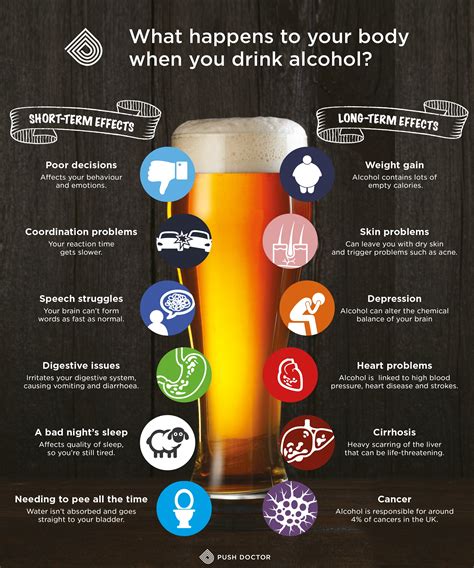The debate over whether alcohol is good or bad for you has been raging for decades, with opinions varying wildly from its potential health benefits to its undeniable harm. On one side, some argue that alcohol, particularly in moderation, can offer psychological benefits that translate into physical well-being. For example, social bonds formed over a drink can relieve stress and lead to long-term mental health improvements. This perspective sees alcohol as a social lubricant that has been intertwined with human culture for centuries, often used in celebrations and gatherings.
Conversely, opponents argue that alcohol is not required for socializing or making memories, citing the detrimental effects it has on physical health. Critics point to the risk of addiction, increased calorie intake, and the potential for alcohol to serve as a gateway to unhealthy habits. For instance, several comments highlight that even without alcohol, people can still enjoy meaningful interactions and meaningful lives. They also make the point that the notion that ‘alcohol is necessary for fun’ is more a cultural construct than a physiological need.
Interestingly, the cultural context in which alcohol is consumed heavily influences its role in society. For example, while alcohol is integrated into European cultures as a part of hospitality, in other cultures, it is seen less favorably or even outright rejected. This difference in cultural acceptance shows how societal norms shape individual behavior. There’s no denying that alcohol plays a significant role in various traditions and rituals; however, this doesn’t automatically make it beneficial from a health standpoint.
One compelling argument revolves around the idea of alcohol as a ‘social lubricant’. For many, alcohol can enhance social experiences, making individuals feel more open, less judgmental, and generally more engaged in social activities. This improved social interaction can have positive ramifications for mental health, potentially easing anxiety and fostering a sense of community. However, over-reliance on alcohol for these benefits can lead to emotional dependency and social habits that are unsustainable without the crutch of a drink.
Health perspectives on alcohol consumption are also divided. Some studies have suggested that moderate consumption of alcohol, particularly red wine, could be beneficial due to the presence of antioxidants. However, other research has debunked these claims, arguing that the negative effects often outweigh the positives. A standout comment highlights that much of the perceived benefits of alcohol consumption, such as antioxidants, are often nullified when considering the broader spectrum of health impacts, including increased risks of certain cancers and liver disease.
Many commenters noted that much of the nutrition advice and studies are fundamentally flawed due to biases and a lack of comprehensive understanding. Often, studies are impacted by confounding factors such as the health status of the participants, their lifestyles, recall bias, and even cultural backgrounds. Thus, while observational studies can suggest correlations, they often fail to prove causation regarding the supposed benefits or harms of alcohol.
Psychologically, alcohol may offer temporary relief from stress or social anxiety, but it’s crucial to understand the long-term implications. Chronic alcohol use can lead to dependency, mental health disorders, and a generalized increase in anxiety and depression over time. The temporary ‘numbing’ effect of alcohol may mask immediate problems without resolving the underlying issues, essentially postponing the inevitable rather than addressing it.
Ultimately, whether alcohol is ‘good’ or ‘bad’ for you is not black and white. It depends on individual circumstances, cultural context, and personal health. For some, it can enhance social experiences and contribute positively to their mental health. For others, especially those susceptible to addiction, it can be a dangerous substance with significant downsides. Given the complex interaction of factors such as genetics, lifestyle, and mental health, the most prudent approach is likely one of moderation and mindful consumption.


Leave a Reply